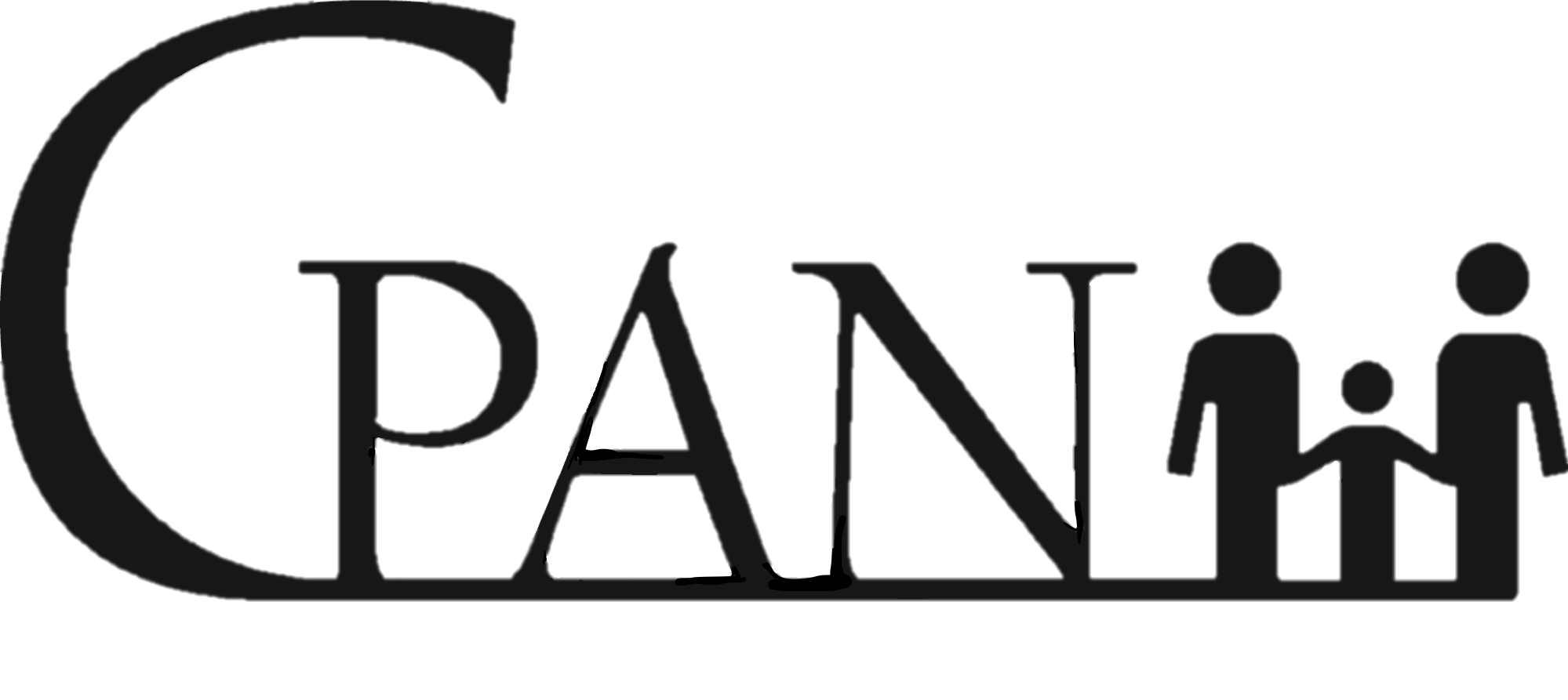New Research Finds that Auto Insurance Industry Massively Overstates the Number of New Companies Entering the Market
New Research Finds that Auto Insurance Industry Massively Overstates the Number of New Companies Entering the Market
FOIA request reveals 4 new companies—not ‘more than 50’ as is often touted—are actively selling personal auto insurance, as premiums for drivers continue to rise
LANSING, Mich.—(Feb. 10, 2023)—New information uncovered by CPAN through the Freedom of Information Act (FOIA) has found that the auto insurance industry has massively overstated the number of new companies entering the market as a result of auto insurance reform.
The Insurance Alliance of Michigan (IAM) and its allies in the Michigan Legislature have claimed that “more than 50” new companies have entered the market since the new auto insurance law passed in 2019—but in fact, only four new companies are actively selling products to consumers.
“The insurance industry and its allies in Lansing have been misleading Michigan for years,” said Douglas Heller, director of insurance at the Consumer Federation of America and consultant to CPAN. “They claimed that the significant reduction in benefits passed as part of the new law were worth it because it would create a lot more competition and lower costs for consumers. That has not come to fruition.”
While at least 50 new companies have received authorization to sell insurance in Michigan, the overwhelming majority of them are not currently selling products, nor have they filed rates with the Department of Insurance and Financial Services (DIFS). A handful of others touted by IAM are simply new affiliates of companies that were already selling insurance in Michigan, or affiliates that replaced other affiliates, according to a document secured from DIFS through a FOIA request.
Only four insurers that were not in the Michigan market before the 2019 law change are newly selling in the personal lines auto insurance market — Berkley Insurance Company, Branch Insurance Exchange, Citizens United Reciprocal Exchange (CURE), and Vault Reciprocal Exchange.
That’s a far cry from what IAM and some legislators are claiming. In a September 2022 Crain’s Detroit Business guest column, IAM executive director Erin McDonough wrote “More than 50 new insurance companies have entered the Michigan insurance market, which further drives down costs by creating competition—another win for consumers.” Last month, State Senator Joe Bellino (R-Monroe) told WXYZ Detroit, "My message is shop around like I did. Use one of those 50 new companies that weren’t in Michigan before we changed auto no fault, you can get better rates.”
Devin Hutchings, president of CPAN, said that while Bellino’s number was wildly incorrect, he was right that shopping around is still the best way to lower your premium. CPAN’s Shop Your Policy initiative helps consumers make the right choices and find better rates.
“We were promised more choices because of this new law—that hasn’t happened,” Hutchings said. “We were promised lower rates, but we still have some of the highest premiums in the country. And while the auto insurance industry is happy to exaggerate the benefits of auto insurance reform, they refuse to acknowledge or address the devastating impact it’s had on crash survivors. The Legislature must make protecting consumers and crash survivors a priority in the coming months.”
According to a study from the nonprofit health institute MPHI, by April 2022 the 45% cut in catastrophic care passed as part of auto insurance reform had caused:
The discharge of nearly 7,000 car crash survivors
The loss of more than 4,000 health care jobs
The closure or pending closure of 24 businesses
Meanwhile, research commissioned by CPAN on 35 auto insurers in Michigan, representing 3.5 million policyholders, found that the insurers collectively had nearly a half-billion dollars in rate increases approved by DIFS since the beginning of 2022.
